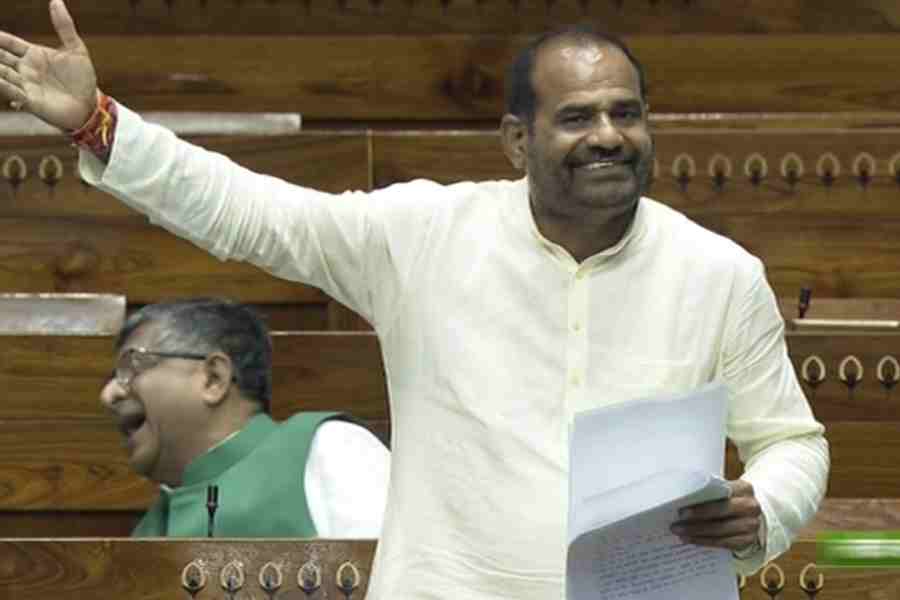Late 19th century. Benjamin Disraeli calls half the cabinet “asses” on the floor of the British House of Commons and earns a rap. Thus reprimanded he proceeds with his speech. He says, “Mr Speaker, I withdraw my statement that half the Cabinet are asses. Half the Cabinet are not asses.” The notion of a “parliamentary language” in the sense of a contained and civil communication is possibly common to every parliament in every country. In 1907, “impertinent puppy” was banned from the British Parliament, but “goose” and “halfwit” were allowed and “Pecksniffian cant”, which is a euphemism for hypocrite, was disallowed in 1928. What differs from country to country, parliament to parliament, is the effort and manner of negotiating the “acceptable” and the “unacceptable” through decades and centuries.
Zabaan Sambhalke
Winston Churchill is known to have uttered racial profanities that are now stuff of legends. What he thought of Indians is all too well known, but did you know that he referred to Palestinians as "barbaric hordes who ate little but camel dung”? But history is testimony that he was squeamish about using bad language in Parliament. He would rather call a political rival “purveyor of terminological inexactitudes” than use the word "liar". Trends change, languages evolve, shed old meanings and take on new. In 2019, when MP Ian Blackford said of Boris Johnson that he had “made a career out of lying”, he was not asked to withdraw the comment. Only months ago, Tan Chuan-Jin, who was then Speaker of Singapore’s Parliament, apologised to an MP for calling him a “fucking populist” when Parliament was in session.
Foreign exchange
Belgium apparently does not have a list of unparliamentary expressions, but New Zealand has. In 2014, when a minister called the then PM of Belgium “Mr Paedophile”, many MPs left the building. Under the indexes of the New Zealand parliamentary debates, there are words listed against a year, all of it under the header "Speaker, unparliamentary language". Sample these: 1933 - Blow-fly minded, Financial Frankenstein; 1943 - Retardate worm; 1959 - Kookaburra, 1980- Ayatollah, Quigley Wiggly, The Arapawa Goat. The Table, which is a yearly journal brought out by the Society of Clerks-at-the-Table in Commonwealth Parliaments, includes an entire list of expressions ruled as unparliamentary. In its 89th volume published in 2021, the India list is only as long as Australia’s. Now with Mr Bidhuri’s contribution that list will be longer.











